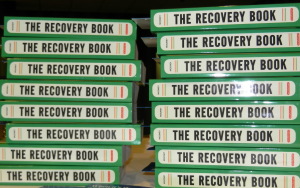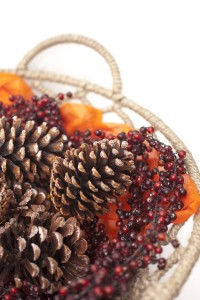Recovery Stories | Jerry Moe: Helping Kids at Betty Ford
Jerry Moe worries about full-grown alcoholics and addicts, but he worries more about their children. He’s been dedicated for 36 years to mitigating the damage to boys and girls 7-12 years old. He leads a model Children’s Program at the Betty Ford Center, to help kids understand the past and present chaos in their lives. Jerry shared his story with The Recovery Book.
I’m focused on the one disease that tries to convince you that you don’t have it, thereby preventing you from reaching out for help until it’s close to destroying you and all you love. But children who’ve lived in fear and confusion can’t wait. They need help as soon as possible: explanations of “Why do my Mom and Dad fight and scream at each other all the time and do those wild weird things?” And they desperately need assurances that it won’t happen again … Read more...


